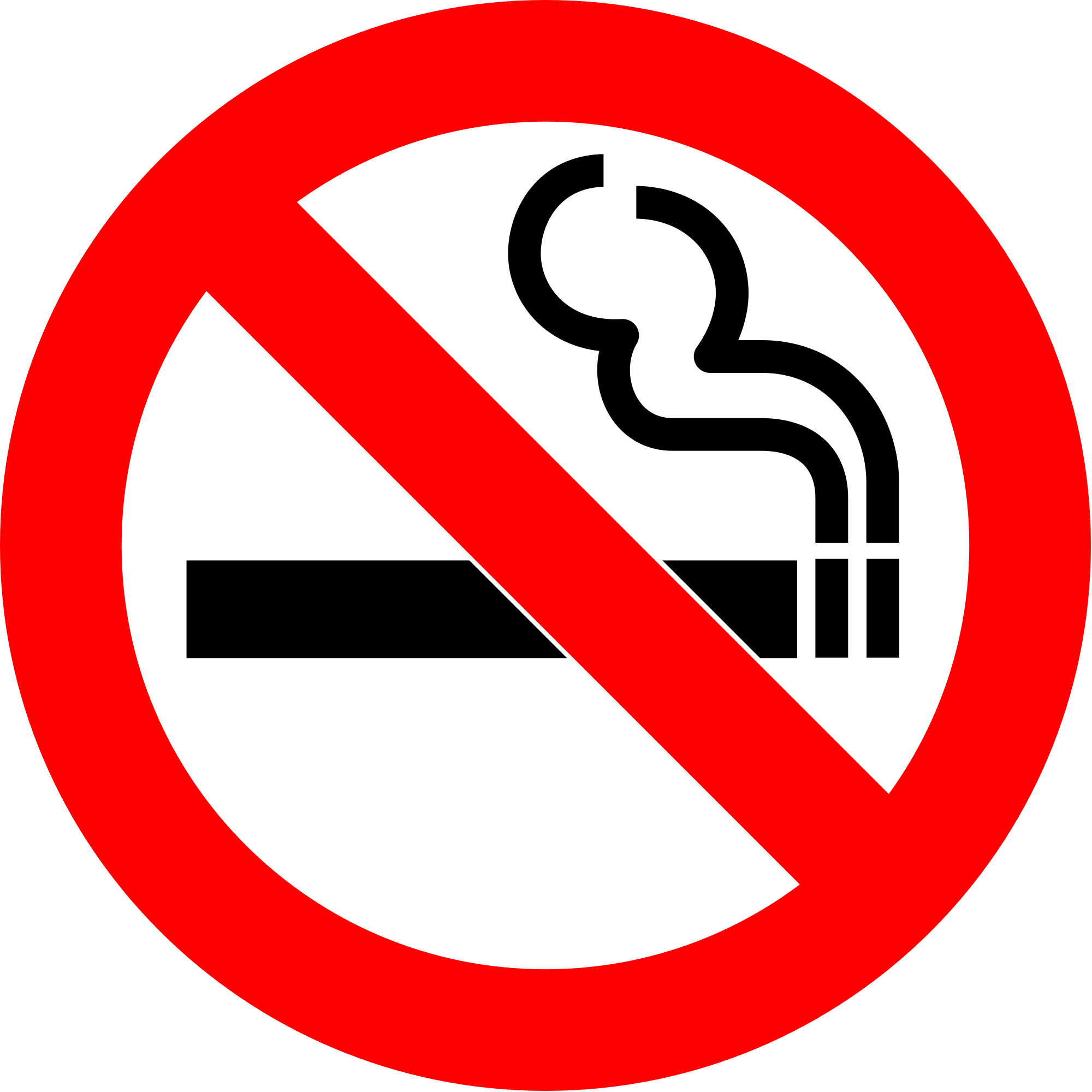HELLO HIGH SCHOOL STUDENTS!!
Are you interested in pursuing a career in healthcare? Have questions about the health sciences and career opportunities? Not sure want you want to do in university?
Then, you should come to the PROJECT PULSE CALGARY 2016 HEALTH SCIENCES CONFERENCE!
Project Pulse is a student-run non-profit organization that strives to help connect motivated high school students with the world of Health Sciences. Through our Pulse Conference, held annually, we help give students and their families an inside look at various career paths and post-secondary options in this highly lucrative field. At our conference, we have doctors, professors, undergraduates, graduates and various other professionals speak about their personal experiences, and give students insights into a possible career in the Health Sciences. Studies show that 50% of students graduating high school have considered a career in the Health Sciences, and out of these students, nearly three-quarters have unanswered questions. Our goal is to help give them the crucial information they need, and clear any misconceptions they may have about this career path.
 After the conference, we will also be having an opportunity fair where organizations such as SHAD and EarlyBird Youth Services will be giving high school students information on volunteering opportunities, summer internships, leadership programs, etc. Here are the details for the conference.
After the conference, we will also be having an opportunity fair where organizations such as SHAD and EarlyBird Youth Services will be giving high school students information on volunteering opportunities, summer internships, leadership programs, etc. Here are the details for the conference.
When: April 25th, 2016 from 9.00 am to 3.30pm
Where: Libin Lecture Theatre, University of Calgary Health Sciences Center
You can register for the event by clicking the link below. Please register if you would like to attend the conference.
We hope to see you there!!
#findyourpulse
2016 Project Pulse Calgary Executive Team


 After the conference, we will also be having an opportunity fair where organizations such as SHAD and EarlyBird Youth Services will be giving high school students information on volunteering opportunities, summer internships, leadership programs, etc. Here are the details for the conference.
After the conference, we will also be having an opportunity fair where organizations such as SHAD and EarlyBird Youth Services will be giving high school students information on volunteering opportunities, summer internships, leadership programs, etc. Here are the details for the conference.